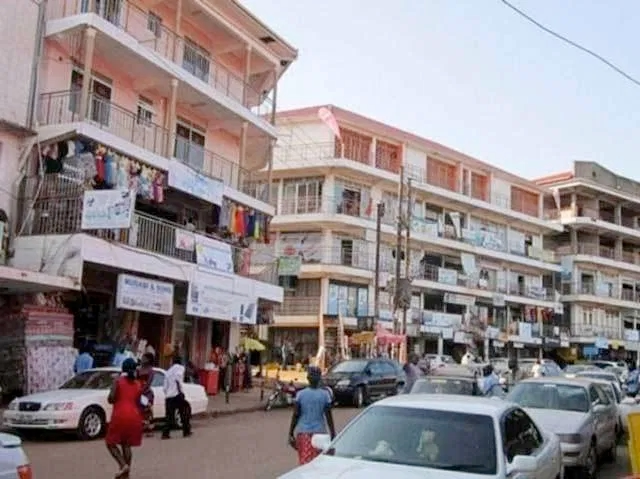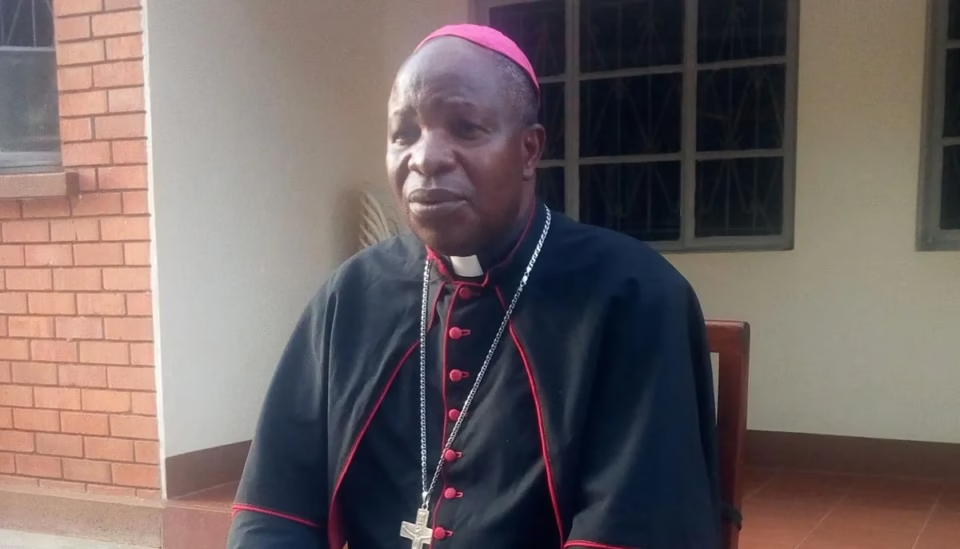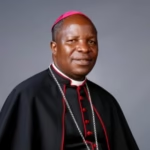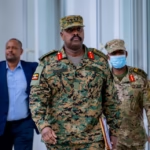Bishop Serverus Jjumba’s reflection on Masaka’s history highlights the region’s important role in Uganda’s past struggles. As someone who witnessed key events, including the 1979 liberation war that toppled Idi Amin’s regime and the 1985 overthrow of Tito Okello Lutwa’s government, Bishop Jjumba acknowledges the historical facts.

However, he expresses concern that Masaka’s reputation is often overshadowed by its association with past conflicts, which can create a negative perception of the area. Bishop Jjumba encourages people to appreciate Masaka’s value and contributions, rather than focusing solely on its troubled past.
This nuanced perspective invites consideration of how historical events shape regional identities and how communities can work towards healing and development. By acknowledging the past while promoting a more positive narrative, Bishop Jjumba’s comments encourage a balanced understanding of Masaka’s history and its people.

Some key points from Bishop Jjumba’s reflection include:
- Historical significance: Masaka’s role in Uganda’s liberation struggles is a notable aspect of its history.
- Reputation and perception: The area’s association with past conflicts can impact how it is perceived by others.
- Appreciation and value: Bishop Jjumba encourages people to appreciate Masaka’s contributions and value beyond its troubled past.



